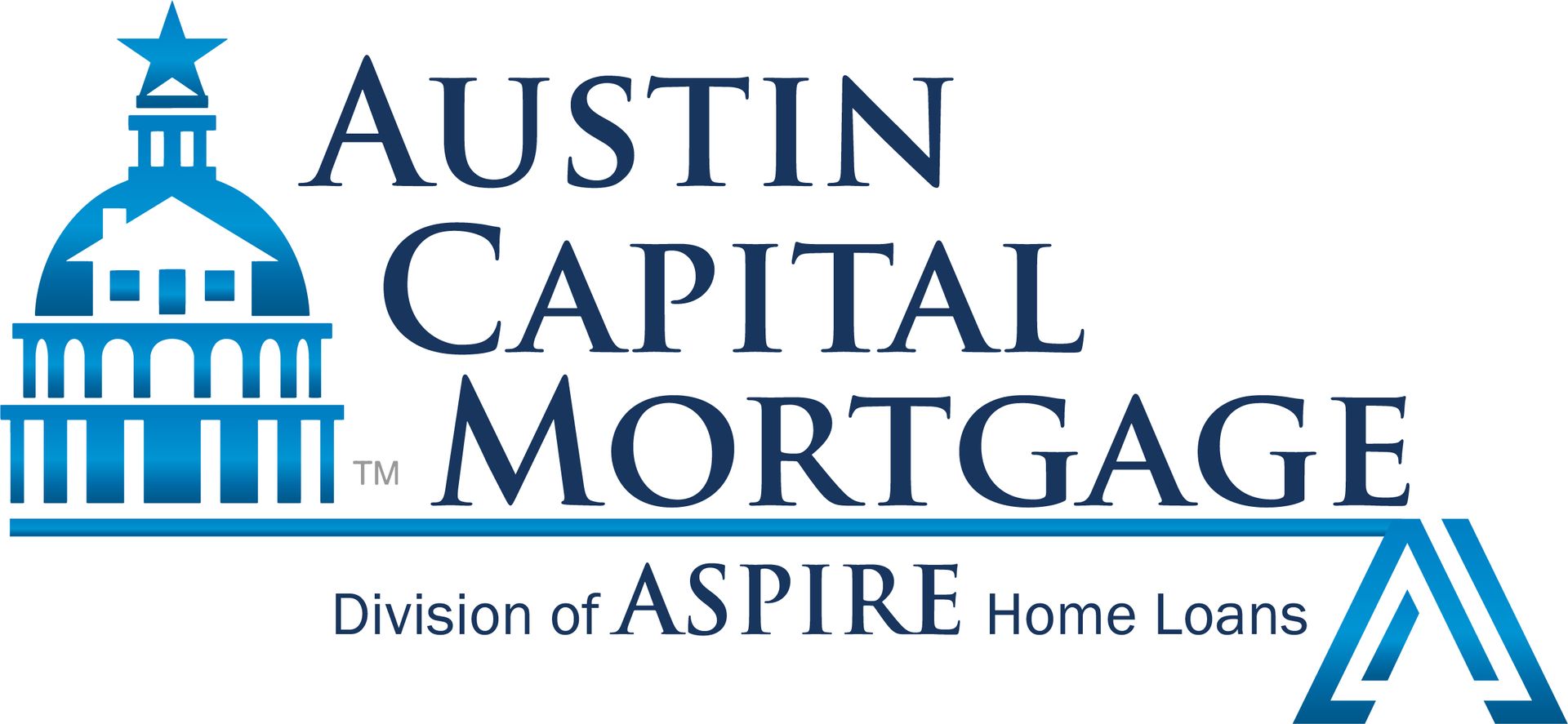If you're struggling with high-interest credit card debt, you may be wondering if consolidating it into your mortgage is a viable option. Consolidating your debt can be a smart way to simplify your payments and potentially lower your interest rates, but it's important to weigh the pros and cons before making a decision. In this article, we'll explore the benefits and drawbacks of consolidating credit card debt into your mortgage, and help you decide if it's the right choice for you.
What is Debt Consolidation?
Debt consolidation is the process of combining multiple debts into a single, more manageable payment. This can be done through a variety of methods, such as balance transfers, personal loans, or home equity loans. When you consolidate your debts, you typically pay off your existing debts in full and then make a single payment to your new lender each month. This can help simplify your finances and make it easier to stay on top of your payments.
Consolidating Credit Card Debt into Your Mortgage
One popular method of debt consolidation is to roll credit card debt into a mortgage. This involves refinancing your home loan to include your credit card balances. The main advantage of this approach is that mortgage interest rates are typically much lower than credit card interest rates. By consolidating your debt into your mortgage, you may be able to save a significant amount of money on interest charges.
However, there are some drawbacks to this approach. First, you'll need to have enough equity in your home to cover the additional debt. If you've only recently purchased your home or if property values have declined in your area, you may not have enough equity to qualify for this type of loan. Additionally, rolling credit card debt into your mortgage can extend the repayment period significantly, potentially adding years to your mortgage. This means you'll be paying interest on your credit card debt for a longer period of time, even if the interest rate is lower.
Pros of Consolidating Credit Card Debt into Your Mortgage
There are several advantages to consolidating your credit card debt into your mortgage, including:
- Lower interest rates: Mortgage interest rates are typically much lower than credit card interest rates, so consolidating your debt can save you a significant amount of money on interest charges.
- Simplified payments: Instead of making multiple payments to various lenders each month, you'll only need to make a single payment to your mortgage lender. This can make it easier to stay on top of your payments and avoid late fees.
- Tax deductions: In some cases, the interest on a home equity loan may be tax-deductible. This can provide additional savings and help offset the cost of consolidating your debt.
Cons of Consolidating Credit Card Debt into Your Mortgage
Despite the benefits of consolidating your debt, there are some drawbacks to consider, including:
- Extended repayment period: Rolling credit card debt into your mortgage can add years to your repayment period, even if the interest rate is lower. This means you'll be paying interest on your credit card debt for a longer period of time.
- Higher overall costs: While you may save money on interest charges, consolidating your debt into your mortgage can result in higher overall costs due to additional fees and expenses.
- Risk of foreclosure: If you're unable to make your mortgage payments, you could be at risk of foreclosure. Rolling credit card debt into your mortgage can increase your monthly mortgage payment, making it more difficult to keep up with your payments.
Is Consolidating Credit Card Debt into Your Mortgage Right for You?
Whether consolidating your credit card debt into your mortgage is the right choice for you depends on your specific financial situation. There are several factors to consider, including your credit score, your current interest rates, your monthly cash flow, and your long-term financial goals.
If you have a good credit score and are currently paying high-interest rates on your credit card debt, consolidating your debt into your mortgage may be a smart way to save money on interest charges and simplify your payments. However, if you have a low credit score or do not have enough equity in your home to cover the additional debt, this may not be a viable option for you.
Before making a decision, it's important to carefully weigh the pros and cons of consolidating your debt into your mortgage. Consider the potential savings in interest charges, as well as the extended repayment period and additional fees and expenses. You should also evaluate your monthly cash flow and make sure that you can comfortably afford the new monthly payment.
In general, consolidating credit card debt into your mortgage can be a good option if you're able to secure a lower interest rate and have enough equity in your home to cover the additional debt. However, it's important to consider the potential risks and drawbacks before making a decision, and to consult with a financial advisor if you're unsure about your options.

